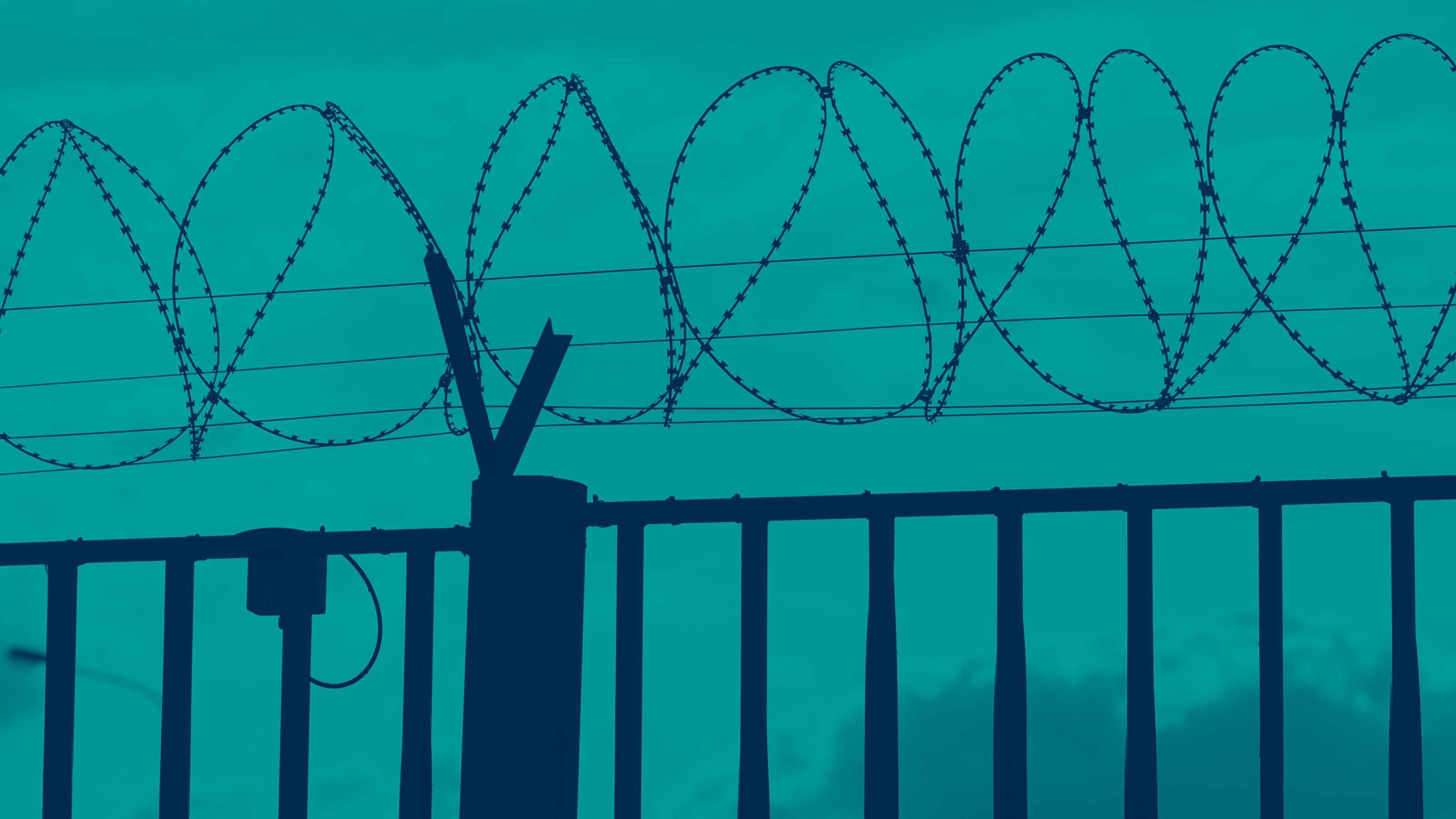Registration
You will receive an email confirming your registration.
In the early years of the Cold War, both the Soviet Union and the United States engaged the developing world to prove the relevance of their respective models of economic and social development. In this context, India was one of the most important countries owing to its geography, population, and leadership of the Non-Aligned Movement. What were the Soviet Union’s motivations behind engaging India? What methods were used, and what influence did they result in? How are these insights relevant in the present context?
Carnegie India hosted Severyan Dyakonov for a discussion on Soviet public diplomacy in India during the early Cold War. The discussion was moderated by Srinath Raghavan.
DISCUSSION HIGHLIGHTS
Cold War Diplomacy: Participants discussed the competition between the United States and the Soviet Union in India. With China becoming a Communist state in 1949, the United States perceived the threat of communism spreading in Asia and sought to engage India. Participants explained that given India’s non-aligned stance in the Cold War, both the United States and the Soviet Union saw India as a market to showcase their respective social and economic models.
Soviet Influence: Participants assessed Moscow’s foreign policy goals in India using indicators such as cultural and educational exchanges. In the 1960s, the Soviet Union started multiple economic programs with the intention of creating a left-leaning popular front in India. These aimed to influence not only the Communist Party of India but also the Indian National Congress. Participants explained that such efforts fit into a broader Soviet objective of creating a large left movement in post-colonial Asia. Participants noted that the Indian National Congress, which was in power, displayed an interest in cooperating with the Soviet Union to appropriate and satiate leftist sentiment in India. However, they pointed out that upon the outbreak of the India-China War in 1962, the party expected the Soviet Union to align with China in a combined communist bloc.
Cultural Outreach: Participants discussed how the Soviet Union offered India economic programs in return for a platform to strengthen its cultural presence in the country. They noted that while American public diplomacy in India primarily targeted the English-speaking elite, the Soviet Union adopted a broader approach. It projected a relatable model of modernization that Indians could identify with. Participants underscored that by the end of the 1950s, with the launch of the Sputnik satellite and Moscow propagating Russian as a global language, there was a lot of Indian interest in the Soviet Union’s activities. In the 1960s, the Soviet Union expanded its educational exchange. Moscow began sending manuals and books for mathematics and science to India to project itself as a propagator of science and technology. Further, several professors, mainly female, were trained and sent to Indian universities. This led to far more Soviet professors working in Indian universities as compared to their American counterparts. Participants also highlighted the role of cinema in the Soviet Union’s cultural exchanges in India. Participants noted a shift in the Soviet Union’s cultural presence after 1964—a year that saw the split of the Communist Party of India and the death of prime minister Jawaharlal Nehru. Even though the focus of Soviet cultural diplomacy remained on India, given that it was the most developed of the developing countries, the Soviet Union continued to expand its cultural diplomacy across the decolonized world.
This event summary was prepared by Anahad Kaur and Saheb Singh Chadha, research assistants at Carnegie India.
